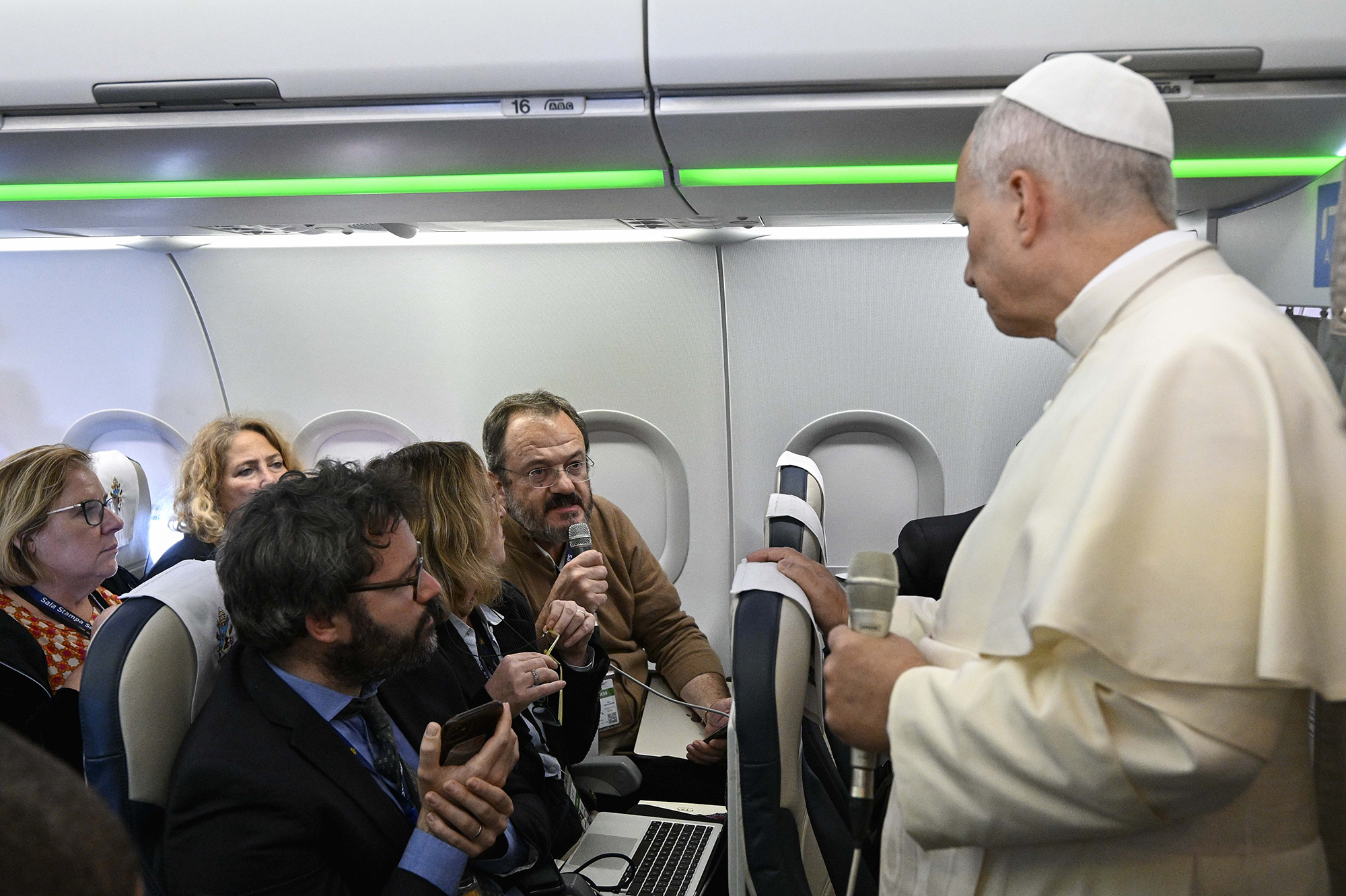SUNDAY SCRIPTURES FOR JULY 13 | Jesus tells us to act like the Good Samaritan
As we reflect on the Gospel readings, we can ask ourselves how we can follow Jesus’ instructions

When Jesus said that His instructions for our lives are already on our mouths and in our hearts, He truly knew what He was speaking about. Because we are made in the image and likeness of God, godly ways of acting and speaking are part of our nature. However, since none of us are perfect, this natural and divine wisdom and guidance sometimes gets clouded over. Sometimes our first reactions or responses are not godly. Prejudices and hatred can become a part of us, sometimes without us even being aware. But if we’re honest, we have freely chosen isolation and hatred, even though we know that is not how God would wish us to act.
As we hear these readings on the 15th Sunday in Ordinary Time from Deuteronomy and the Gospel of Luke, I hope that each of us receives some deeper awareness of this inborn wisdom and love out of which we were created. It is how we are being treated on a daily basis by the God who loves us. We are beloved, treated as precious, forgiven again and again, given all that we need and more besides, yet we sometimes fail to give the same gift to others.
At this important time in history, within our Church, our country and the world, it is especially important for us to re-examine our beliefs about who is our neighbor. We all have encounters with those who would broker hatred: They would have us reject the wisdom of God and believe, out of our own fear and insecurity, that some humans are not our brothers and sisters. If we were truly honest in the depths of our hearts, we might recognize this faint inkling that somehow the world would be better if certain individuals or groups of people would simply go away. We’re still prone to believe in the image of the scapegoat. A scapegoat was the animal on whose back the sins of the community were laid. This ritual practice led people to believe that they could lay their sins on the back of this thing or person, and they would be taken care of.
The Good Samaritan story, which we hear this weekend, would have been an earth-shattering and disturbing image for the people who were hearing it. Cultural and religious separations existed that allowed people to believe that some group should go away or change their beliefs to conform. Otherwise, they were to be shamed, ridiculed or left to die. A good self-examination is called for as we hear this Gospel passage. Most of us good, religious people have a quick and unconscious response that we would give to the implied question: “Of course, I would never treat another human being in such a demeaning way.” But we might allow someone in our government, our Church or our family to treat somebody that way. We would watch and observe and stand aside, not intervening and allowing these actions to happen. We might even do them ourselves, especially when we are feeling hurt, insecure or threatened.
Our practice of religion can easily become a one-hour commitment to holy things. We hear the Scriptures, we receive Communion and we leave, hoping we don’t have to wait long in a line for a table for our meal. The Scriptures are sometimes meant to comfort us in our sorrow, grief and brokenness, but the set of Scriptures we hear this weekend is meant to bother us. There should be a lot of self-examination going on about how we could quit blaming other people for making the world a mess, for making the Church a mess or for making our families and relationships messes. Our self-examination ought to focus around what we can do to become more like Jesus and the words He speaks to us this weekend: “Go and do likewise.” That is the mission that we are given from Jesus this week.
15th Sunday in Ordinary Time | As we reflect on the Gospel readings, we can ask ourselves how we can follow Jesus’ instructions
Subscribe to Read All St. Louis Review Stories
All readers receive 5 stories to read free per month. After that, readers will need to be logged in.
If you are currently receive the St. Louis Review at your home or office, please send your name and address (and subscriber id if you know it) to subscriptions@stlouisreview.com to get your login information.
If you are not currently a subscriber to the St. Louis Review, please contact subscriptions@stlouisreview.com for information on how to subscribe.





